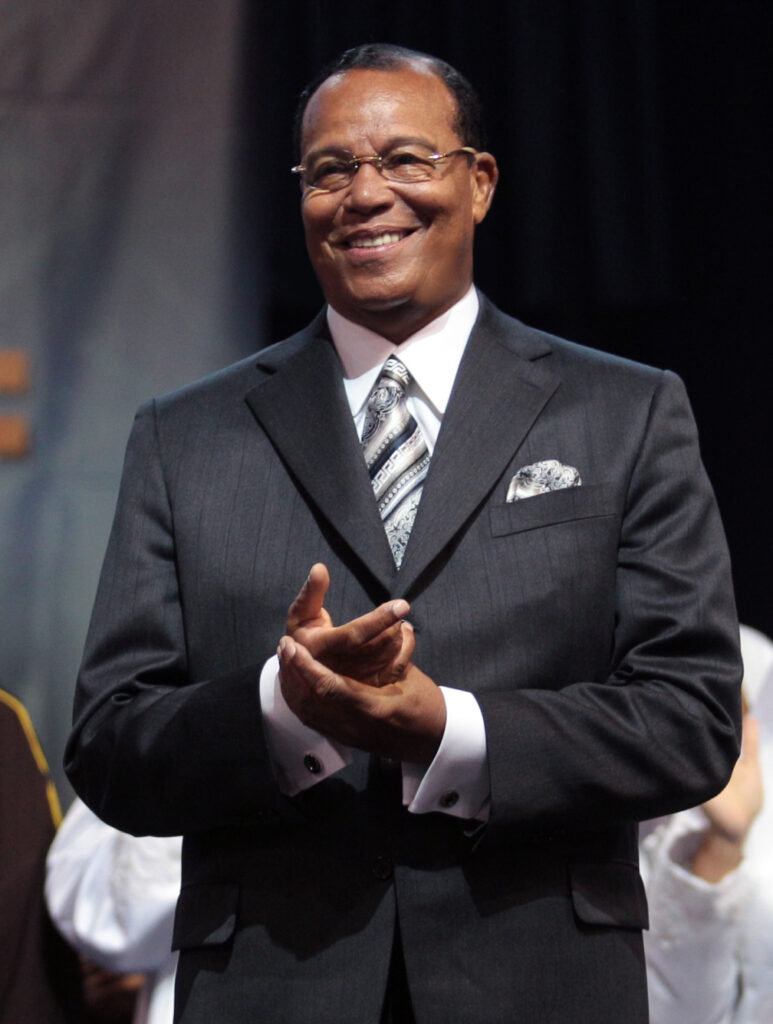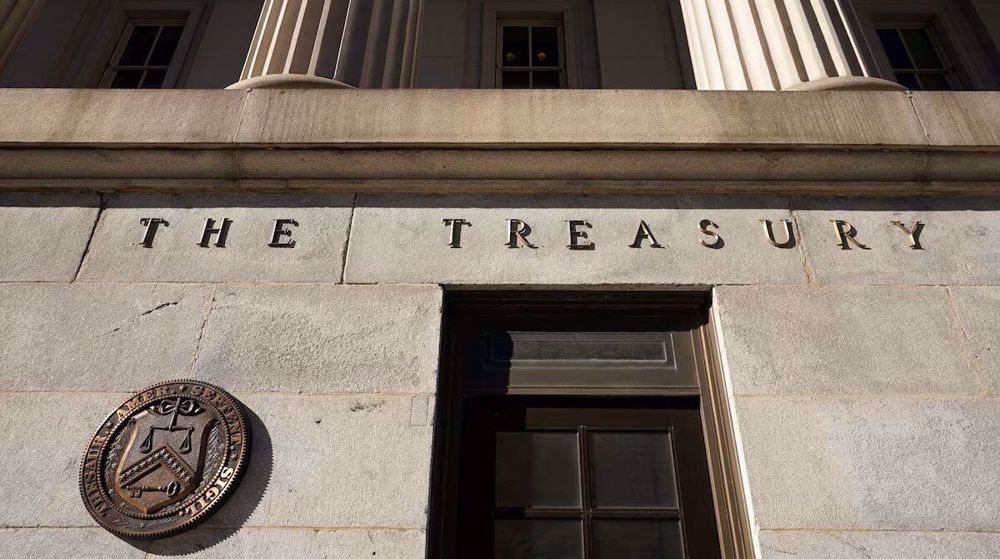
Giving birth to twins (or even triplets) has become more common in recent decades due to the growing use of fertility drugs. About 1.6 million twins are born each year worldwide, with one in every 42 children born a twin.
Despite the joys, the stress of diapering, feeding, bathing, paying for their expenses, coping with lack of sleep, and even playing with more than one baby at a time can be overwhelming – even when the parents are experts in efficiency. In fact, the divorce rate among parents of multiple siblings in some countries is higher; about a third of parents of multiples separate or divorce.
Many parents consistently favor one child over another. This applies to healthy twins as well. This preferential treatment can show up in a variety of ways – more time spent with one child, more affection given, more privileges, and less discipline for one than the other.
But what happens when one of the twins suffers from developmental problems? New research at the Hebrew University of Jerusalem found that a normally developing twin consistently takes on the dominant role over their twin who has developmental gaps, even after such gaps are resolved. By highlighting how parental perceptions shape these dynamics, the research offers fresh insights into the delicate balance of twin relationships and the importance of fostering equality to support both children’s growth.
Developmental delays are an especially important topic because multiple embryo pregnancies increase the risk of prenatal and birth complications.


Conducted by Prof. Ariel Knafo-Noam of HU’s psychology department, Dr. Yonat Rum of its School of Education, and Dr. Hila Segal and Adi Barkan from the Academic College of Tel-Aviv–Jaffa, the study appeared in the journal Family Relations under the title “You and me: Parental perceptions on asymmetry in twins’ development and their dominance relationship dynamics.”
THEIR LAB has been following 322 monozygotic and 1,199 dizygotic twins, the former being identical and the latter created by two eggs fertilized by two sperm, and who are no more alike than singleton siblings. The study began when the twins were three; today they are 15 years old. The team members are especially interested in answering the as-yet-unresolved old question of the effects of nature/nurture – the genes one is born with and the effects of the environment.
Their research sheds light on how developmental differences influence the dynamics of dominance in twin relationships throughout childhood. Twins, unlike singletons, share the same age and often a similar environment, creating unique relational dynamics where traditional factors like birth order play no role. The study explored how differences in developmental conditions between twins – particularly when one child has a developmental condition and the other does not – affect their dominance dynamics over time.
Families of Hebrew-speaking twins born here in 2004 and 2005 were contacted by mail after researchers received a list of twin births from the Interior Ministry. The research surveyed over 1,500 mothers and fathers of identical twins aged three to nine.
It found that when one twin was developing normally, and the other had a developmental condition, parents consistently viewed the completely healthy twin as the dominant sibling. “This dominance imbalance was stable throughout childhood, even in cases where the developmental challenges of the challenged twin were cured, as in a slower development of language that was fixed with treatment with a clinical communications specialist,” Dr. Rum told me in an interview.
“In twin pairs where both siblings shared the same developmental condition, whether typical or nontypical, no significant differences in dominance were reported. These findings suggest that it is not the developmental condition itself but the asymmetry in abilities between the twins that drives dominance imbalances,” she said.
PARENTS OFTEN stress differences between twins through what is termed the “contrast effect,” a bias that exaggerates perceived differences. This parental tendency can reinforce dominance roles, affecting how twins interact with one another and shaping their long-term relational dynamics. Parental perceptions and behaviors may inadvertently solidify certain roles, such as “dominant” or “submissive,” in twins’ relationships.
Interestingly, genetic similarity also influenced dominance patterns. Monozygotic twins who share nearly identical genetic material were more likely to display symmetrical dominance relationships compared to dizygotic twins, even in cases where developmental conditions differed. This suggests that genetic factors and personality traits may play a role in shaping dominance behaviors and creating more balanced relationships in identical twin pairs.
Since dominance roles established early in life tend to persist, even when the developmental condition of one twin improves, it displays how – once established – family roles become ingrained through both behavior and parental reinforcement.
To mitigate the effects of entrenched dominance roles, parents are encouraged to create opportunities for more balanced dynamics. Encouraging twins to engage in relationships outside their twinship, fostering individuality, and providing avenues for less dominant twins to assert themselves in specific domains can help reduce the long-term impact of these dynamics.
This research underscores the importance of parental awareness in navigating these dynamics. By treating these patterns early, parents and caregivers can foster healthier, more balanced sibling relationships that benefit both twins’ social and emotional development.
“It isn’t one’s developmental condition that matters for dominance in the twinship, but one’s developmental conditions relative to their twin,” the authors suggest. Thus, providing opportunities for social interactions out of the twinship would be important for both children by using guided, mediated play interactions in which symmetrical dominance is kept between the twins or in separate interaction of each of them with other developmentally similar social partners like younger siblings or friends.
The study authors advise parents, caregivers, and educators to avoid pigeonholing twins into fixed roles, and instead fostering individuality and supporting healthy relationships.



















